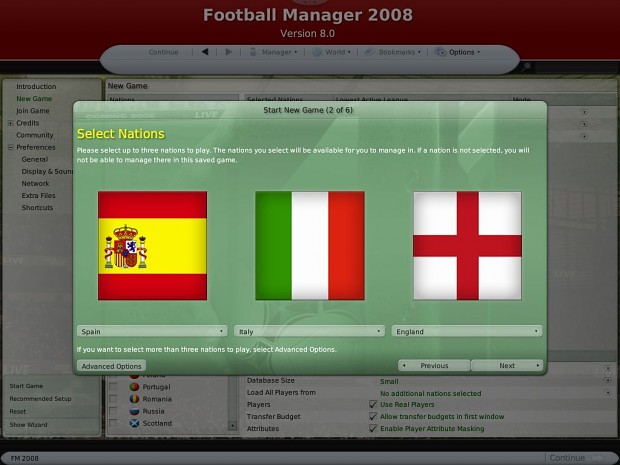

The Pancyprian footballers’ union (PASP) puts the figure higher, at 86 per cent, and says every year two thirds of the players in Cyprus leave the island. Meanwhile, the number of overseas players continues to grow.ĬIES research in 2016 showed 65.4 per cent of players in Cyprus were foreign. “We get fined most weeks,” says Karapatakis, who ignores the rule due to the cost of wages for Cypriot players. But this makes no impact on chairmen like Andreas Karapatakis of AEK Larnaca. Like the Portuguese and Spaniards who make up most of the overseas influx, Derbyshire’s move was very straightforward as Cyprus joined the European Union in 2004, thus ensuring freedom of movement.Ĭlubs are expected to include at least two Cypriot players in their starting XI and are fined €1,500 for each missing player, so fielding 11 foreigners costs clubs €3,000 a game. An immediate hit, he is the Cypriot game’s biggest star and was the First Division’s top scorer at the halfway stage. “Twenty years ago, they would have had to drop into the third division, now they can come here and succeed.”įormer England under-21 international Matt Derbyshire joined Omonia from Rotherham United at the start of this season. “Cyprus is a land of opportunity for players like me who did not get in the first team at home,” says the 33-year-old goalkeeper. The island’s biggest club, APOEL, have qualified for the Europa League or Champions League group stage five times in the last eight seasons, and in 2011-12 they went on a stunning run to the Champions League quarter-finals, beating Zenit, Porto and Lyon before losing to Real Madrid.įormer Barcelona junior Urko Pardo joined APOEL at the start of that season and has been there ever since. Since Anorthosis Famagusta became the first Cypriot side to qualify for the group stage of the Champions League, in 2008-09, AEK, AEL and Apollon have all reached the Europa League group phase.

In response, he was fined €5,000 by the Cyprus Football Association (CFA) for bringing the game into disrepute.įor a game that, in recent years, has – on the pitch, at least – punched above its weight for an island of just 1.1million people, those are startling claims. The game, said Tzionis, was controlled by betting activity and corruption, and there is no freedom of speech. In December he made the claim that Cypriot football was “dishonest” and dogged by “filth, stench, nepotism, cronyism and corruption”. Although not naturally a quiet man, he knows that a word out of place could cost him another €5,000. Omonia president Antonis Tzionis sits quietly in his chair in the offices of the Cypriot club.


 0 kommentar(er)
0 kommentar(er)
